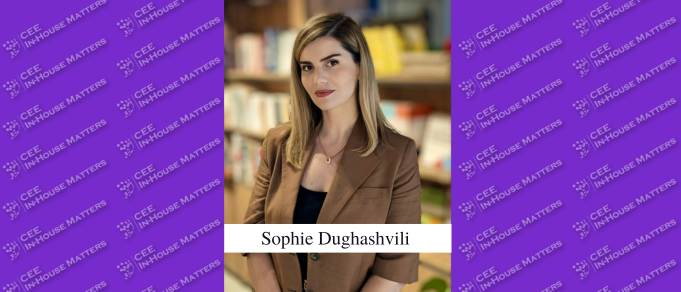The National Labour Inspectorate's report on the status of equality and discrimination in employment relations for the year 2024 shows that discrimination in the workplace is a hot topic.
Important statistics
- The number of complaints of discrimination by employees increased to 286 (an increase compared to the year 2023).
- Of these, 42 violations were related to paragraph 13 of Labour Code (equal treatment - discrimination) and 24 violations were related to paragraph 119a (equal remunaration).
Questions for the employer
- Do you keep proper records of working time?
- Does the remuneration of employees meet the legal requirements?
- Do you have an internal guideline or code of ethics regarding equal treatment and workplace relations?
- Have you trained staff regarding topics related to discrimination, bullying, harassment, etc.?
- Do you have process for solving of employment related complaints in place?
- Are you ready for a labour inspection?
We are ready to help you with preparing of any labour law related guidelines, trainings, due diligence processes or reply to any related questions.
The most common mistakes made by the employers (identified by labour inspection)
- Unequal treatment in determining remunaration, bonuses or allowances
- Monitoring of employees without informing or without a consent of the unions
- Incomplete or incorrect recording of working time
- Missing mandatory wording of employment contracts
- Violation of the equal treatment duty (also in internal policies)
- Absence of a written reply to an employee's complaint
Forms of discrimination and unequal treatment
- Bossing - pressure from a manager, impossible work tasks, preventing access to information
- Mobbing (by colleagues) - verbal attacks, hostile behaviour, making it impossible to carry out work tasks, slander and defamation
- Unequal remuneration - different levels of pay, but also allowances and bonuses
- Bullying and discrimination because of ethnicity, age or gender - employees are excluded from employer-organised non-work activities, barriers to work are not recognised
- Sexual harassment
- Neglecting to deal with a complaint
New legislation from 2026
By June 2026, the Slovak Republic must transpose EU Directive 2023/970 on pay transparency, which will significantly change the rules:
- an obligation to publish and report on the gender pay gap and wages for individual positions
- Employees will have a wider right for information
- objective and "gender-neutral" job evaluation
By Jana Sapakova, Partner, and Stefan Palkovic, Senior Associate, Eversheds Sutherland





















